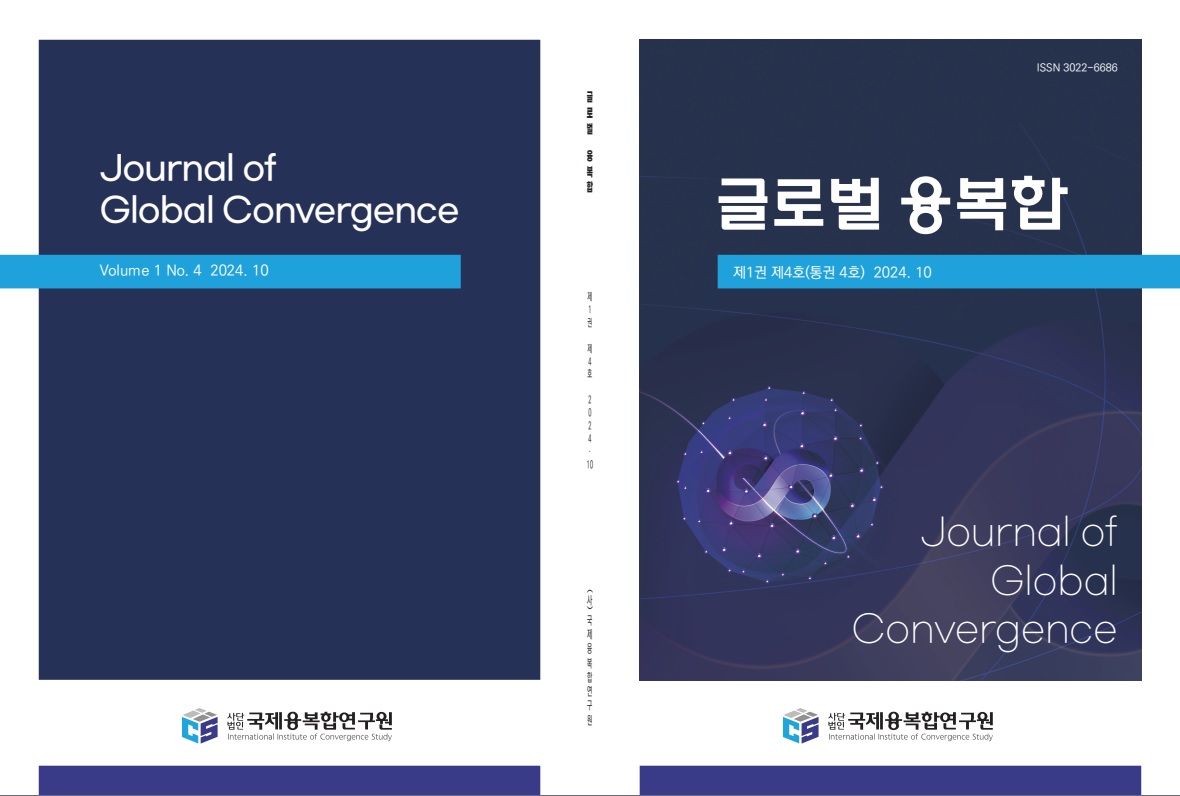드론 위협 사례에 대한 전자전 중심의 대응 전략 연구
A Study on Electronic Warfare-Centered Strategies for Countering Drone Threats
저자
김기원(대경대학교), 차승희(대경대학교), 이준길(대경대학교)
Ki-Won Kim(Daekyung Univ), Seung-Hui Cha(Daekyung Univ), Jun-Gil Lee(Daekyung Univ)
Ki-Won Kim(Daekyung Univ), Seung-Hui Cha(Daekyung Univ), Jun-Gil Lee(Daekyung Univ)
수록페이지
p.1-7 (7pages)
조회수
845
다운로드
9
- 창간연도
- 2024년 1월
- ISSN
- (Print)3022-6686 , (Online)3022-6651
- 수록권호
- 제1권 4호 (통권 4호)
- 발행일
- 2024.10
- 수록논문
- 4 articles
- 유형
- 학술저널
- 주제
- 사회과학, 자연과학, 예술체육학, 복합학
- 발행기간
- 2024.01 ~ 2025.08
- 발행주기
- 연 4회(계간)
- 총 권호 수
- 6 volumes
- 총 논문 수
- 94 articles
 (사)국제융복합연구원
(사)국제융복합연구원